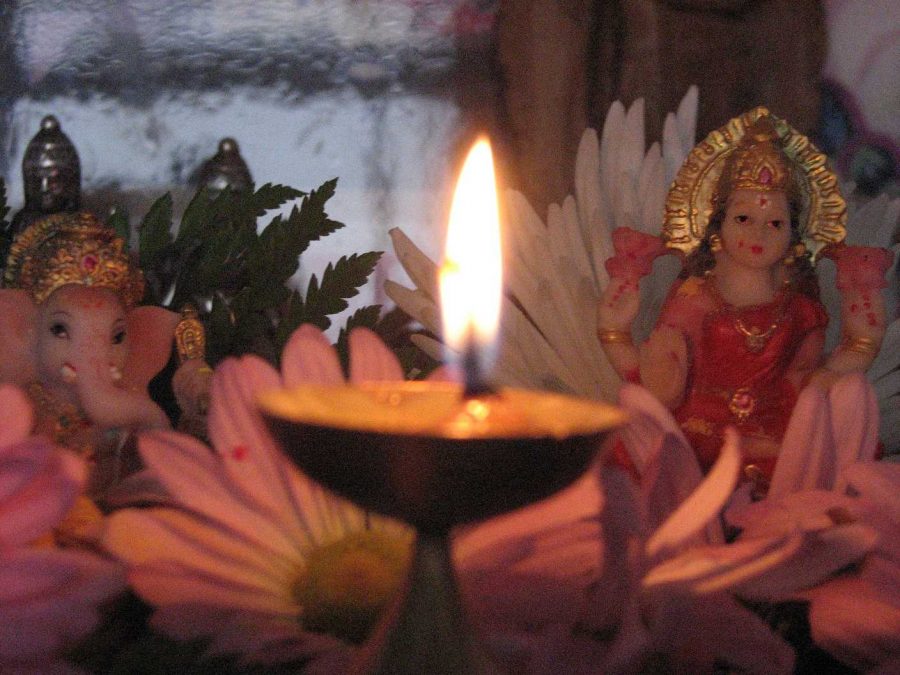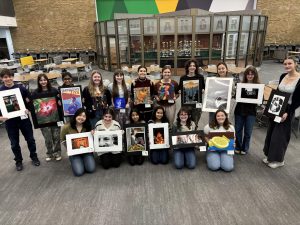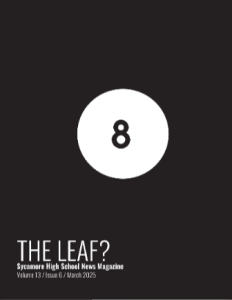‘Row of lights’ light up sky
The lighting of lamps in Diwali is for more than one reason. It is believed that the lights would guide the goddess Lakshmi to Indian homes for a blessing of good business. There is also a legend that says the lights showed Lord Rama and his wife Sita the way home.
December 1, 2014
The end of the year is a time when families begin to gather for many different cultural holidays. In India, people are already preparing for what is considered one of the brightest and most important holidays – Diwali.
Most known as the “festival of lights,” Diwali, or Deepawali, receives its name from the row, avail, of clay lamps, deepa, that Indians light outside their homes to symbolize the inner light that protects from spiritual darkness.
“The lights make everything look pretty. It’s what I enjoy the most about the holiday,” freshman Shruti Mishra said.
The celebration is marked by five days. The first is called Dhanteras and is a time to “spring clean” houses and buy gold or silver for good luck.
Next comes Choti, or small, Diwali. This is when Indians offer different foods to the Gods and create patterns called rangoli on the floor with colored powders or sand.
The third day is the main day of festivity, where families worship Lakshmi, the Hindu goddess of wealth. This is also the time when the lamps, also called diyas, are lit and is followed by feasts and fireworks.
Then is the Indian New Year, when friends and relatives visit with gifts and best wishes for the year ahead. On the final day, Bahi Dooj, sisters welcome their brothers to their homes where they enjoy a meal together.
“The thing about Diwali is that everything is new. It is always a different experience each time,” Mishra said.
Diwali has become a national holiday for all Indians, regardless of faith. Jains, Buddhists, Sikhs, and Hindus alike celebrate for different reasons. Its story is interpreted based on where they live.
“Some celebrate the story of King Rama’s return after defeating the evil Ravana while others celebrate Lord Krishna defeating the demon Narakasura,” Mishra said.
Though the legends differ, the festival itself still celebrates the victory of good over evil, light over darkness.
This year the main day of Diwali is on Oct. 23.







